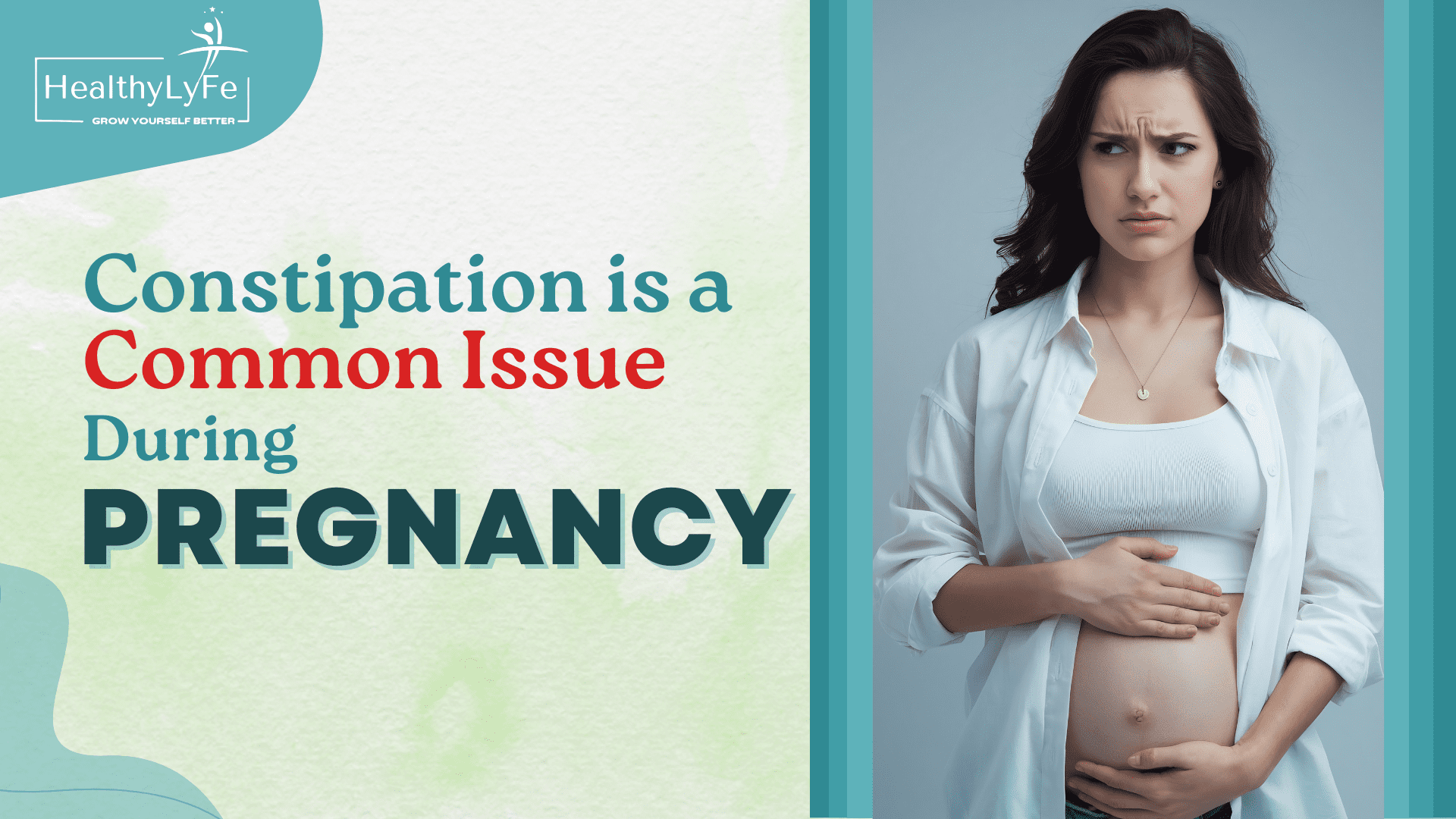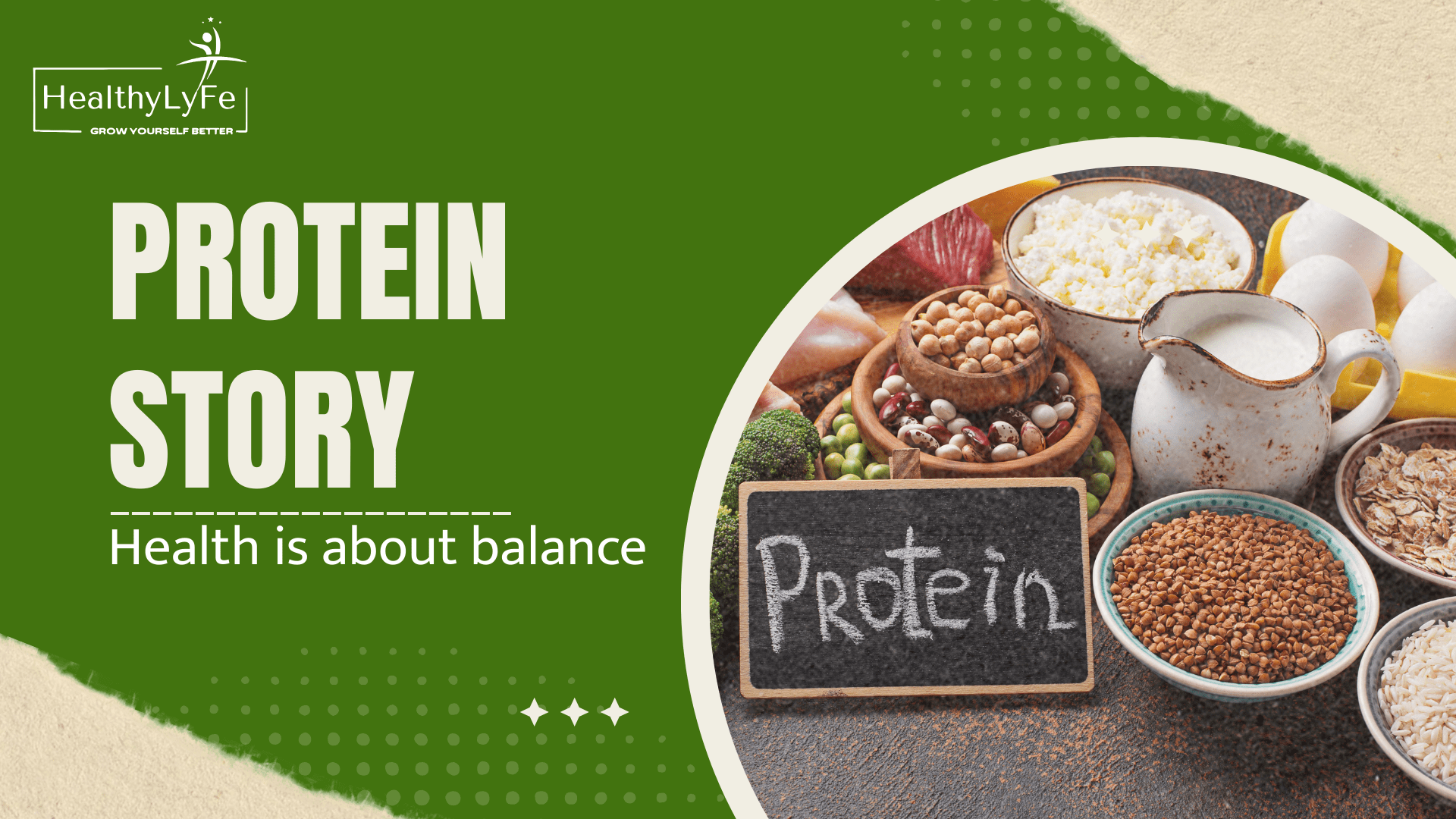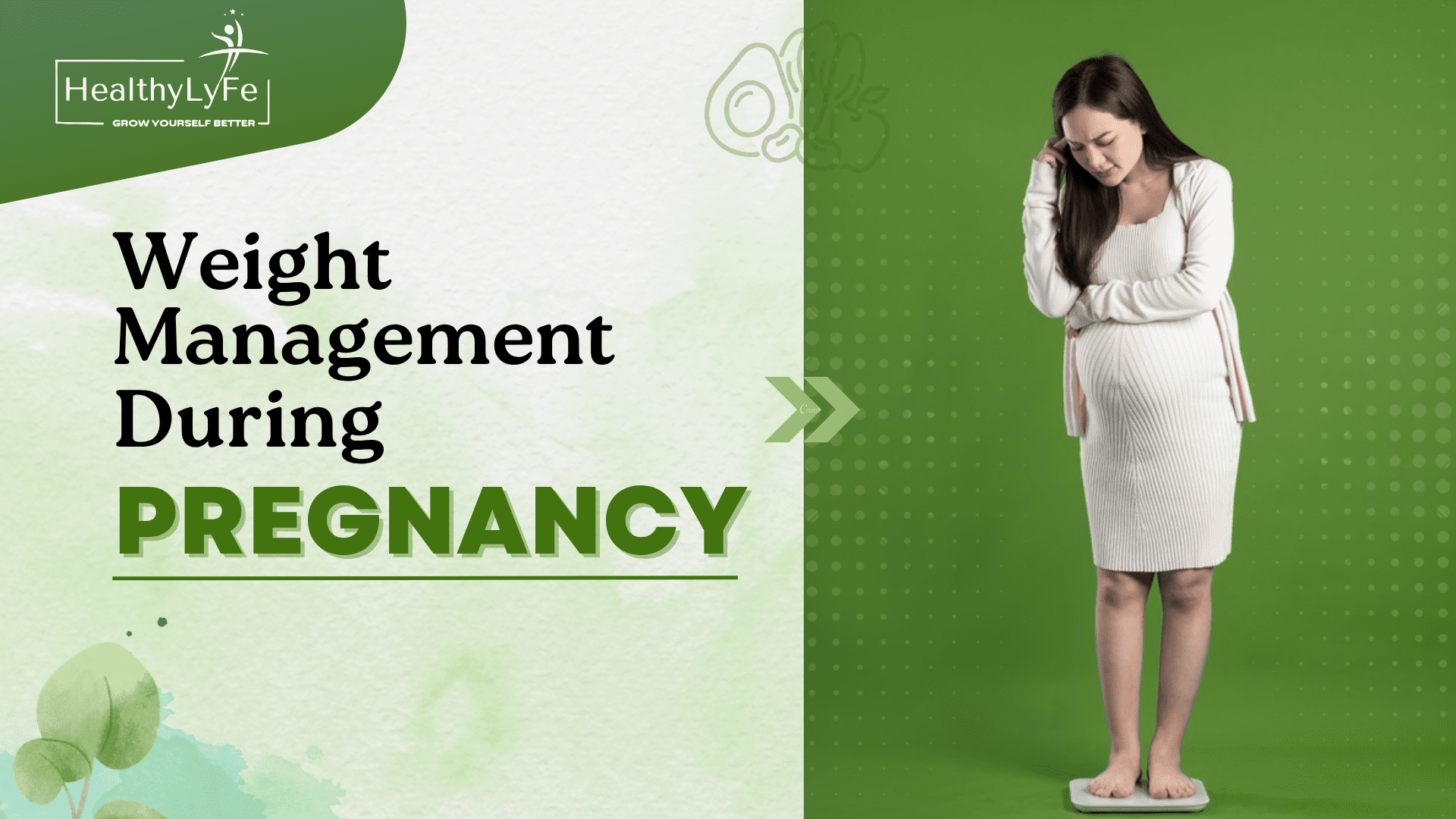Constipation is a common issue during pregnancy.
Many women experience discomfort while passing motions, irregular bowel movements, or having only 3 to 4 motions per week.
If constipation persists, it can lead to several complications such as abdominal discomfort, hemorrhoids, anal fissures, and in severe cases, fecal impaction or rectal prolapse. These problems are primarily due to the strain of passing hard stools and the prolonged retention of stool in the colon.
Let’s break it down, to understand.
Hormonal Changes:
During pregnancy, the body experiences a significant increase in the hormone progesterone. This hormone helps relax the muscles throughout the body, including those in the digestive tract. As a result, the movement of food through the intestines becomes slower. This delayed digestion can cause stool to become dry and hard. Eventually, it makes bowel movements more difficult, leading to constipation.
Increased Uterine Pressure:
As pregnancy progresses, the uterus gradually expands to make space for the growing baby. While this is a natural and necessary change, it also leads to increased pressure on the surrounding organs — especially the intestines and rectum. This pressure can compress parts of the bowel, making it harder for stool to move smoothly through the digestive tract. As a result, bowel movements may become slower and less frequent. Many pregnant women notice a sense of heaviness or fullness in the abdomen, which is partly due to this pressure. It can also make the urge to pass stool less effective. Combined with other changes, this contributes significantly to constipation during pregnancy.
Reduced Physical Activity:
During pregnancy, it’s common for women to feel more tired than usual, especially in the first and third trimesters. This fatigue, along with discomfort or medical advice to rest, often leads to reduced physical activity. Regular movement plays a key role in stimulating digestion and supporting healthy bowel movements. However when activity levels drop, the digestive system can become sluggish, making it harder for stool to pass through the intestines. This slower transit time contributes to harder, drier stools. Even simple activities like walking can help keep the gut functioning more efficiently. Without enough movement, constipation can become a regular and uncomfortable problem for many pregnant women.
Iron Supplements:
Iron is an essential nutrient during pregnancy, vital for supporting increased blood volume and preventing anemia. Most prenatal vitamins contain a higher dose of iron to meet these needs. However, for many women, this increased iron intake can lead to constipation. Iron tends to slow down the movement of stool through the intestines and can make it dry and hard. This makes bowel movements more difficult and sometimes painful. Some women may also experience bloating or abdominal discomfort due to iron supplements. While iron is important, it’s equally important to manage its side effects. Staying hydrated, increasing fiber intake, or switching to a gentler form of iron (if advised by a doctor) can help ease this issue.
Additional contributing causes.
In early pregnancy, many women go through morning sickness — that uneasy mix of nausea and sometimes vomiting — which can make it really hard to eat regular, balanced meals. To ease the queasiness, many tend to stick to small portions of bland, easy-to-digest foods like toast, crackers, or plain rice. While comforting, these foods are usually low in fiber, and at the same time, many fiber-rich options like fruits, vegetables, or legumes are avoided because they may feel heavy or unappetizing. This shift in eating habits can slow down digestion and make constipation more likely.
Nausea can also cause women to skip meals or eat very little, and irregular eating patterns mean the gut isn’t getting the stimulation it needs to stay active. Over time, this sluggish digestion can lead to harder, less frequent stools.
To top it off, many women cut back on drinking water — either to avoid feeling more nauseous or to limit bathroom visits. But without enough fluids, the body can’t keep the stool soft, which only adds to the problem. All these small changes, though unintentional, can add up and make constipation a frequent — and frustrating — part of pregnancy.
Effective strategies to prevent constipation
To help ease or prevent constipation during pregnancy, a few simple lifestyle changes can make a big difference. Start by increasing your water and fluid intake throughout the day — staying well-hydrated keeps your digestive system moving smoothly. Don’t just stick to plain water; include natural, gentle fluids like buttermilk, coconut water, lemon water, or homemade soups, which not only hydrate but also provide nutrients.
Try to include fiber-rich foods in every meal — fresh fruits, leafy vegetables, whole grains like oats or brown rice, and pulses are all great choices. These foods help add bulk to your stool and support regular bowel movements. Be mindful not to skip meals, and aim for smaller, frequent meals rather than large, heavy ones, especially if you’re dealing with nausea.
Physical activity is equally important. Even a 15–30 minute walk, some gentle prenatal yoga, or light stretching exercises can boost digestion and reduce sluggishness. Listen to your body, take it slow, but try to stay consistently active. With small, mindful steps, you can manage constipation and feel more comfortable throughout your pregnancy.



